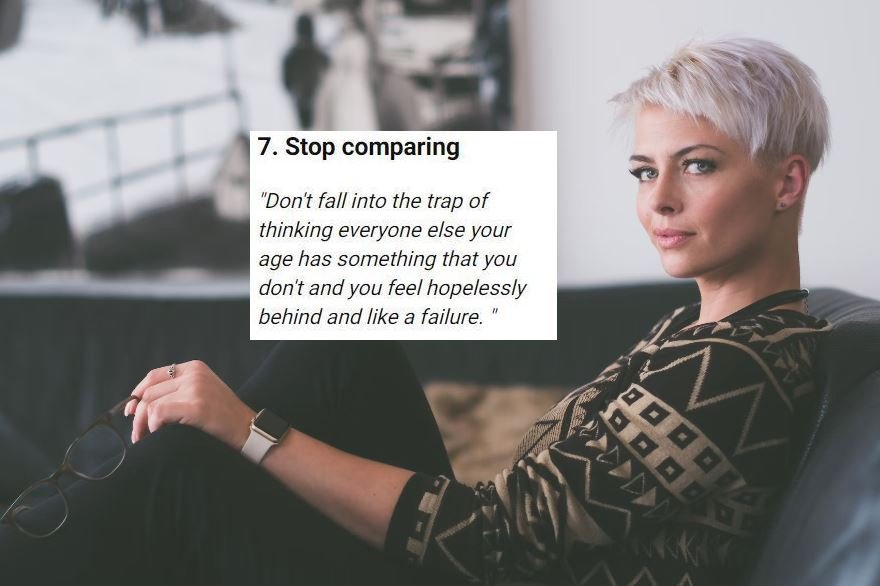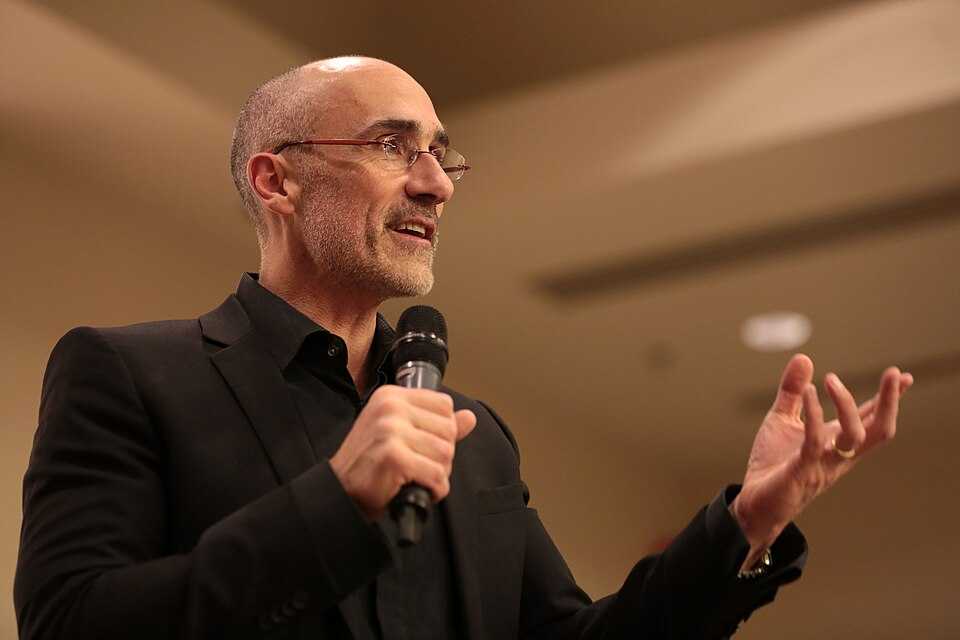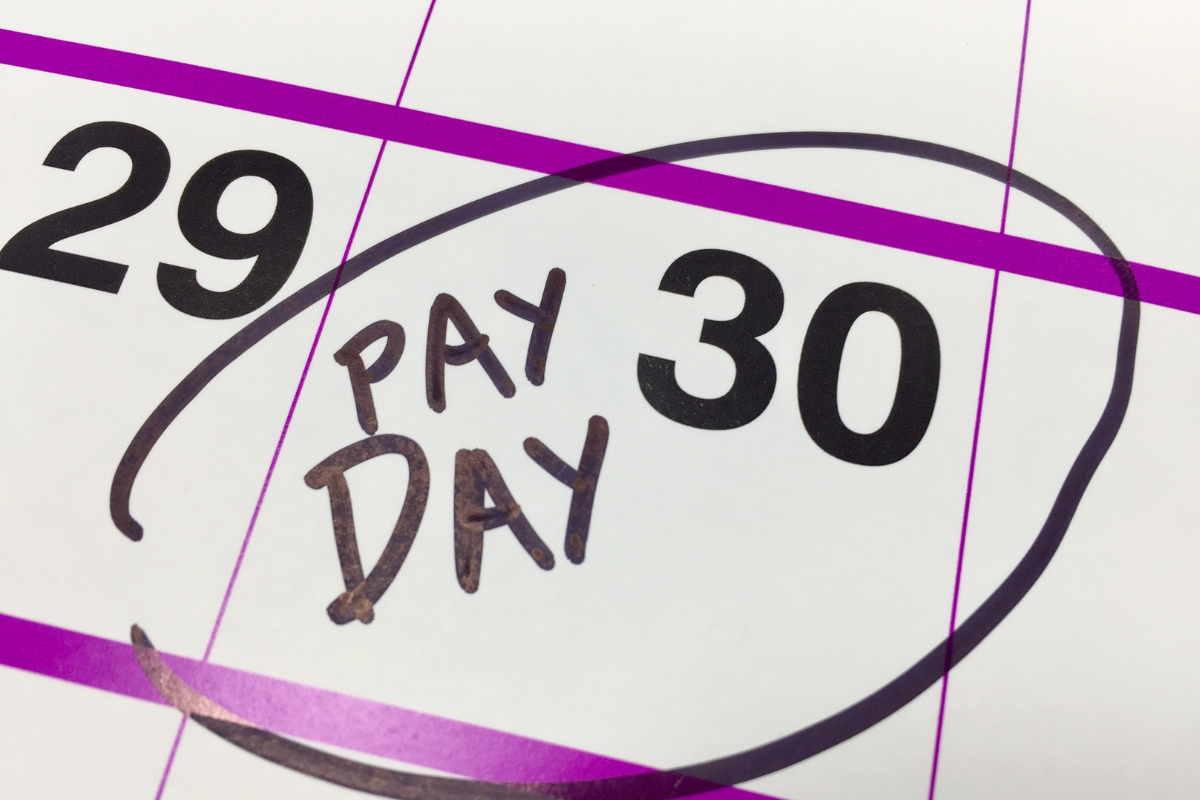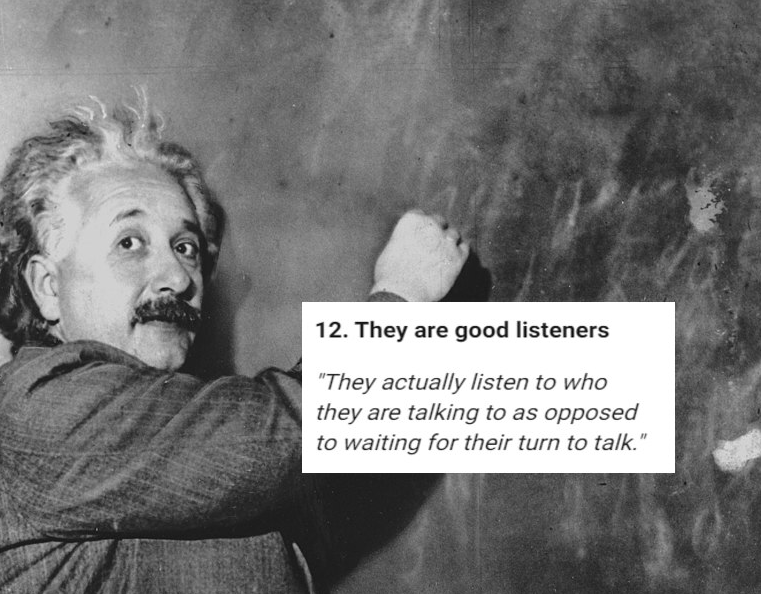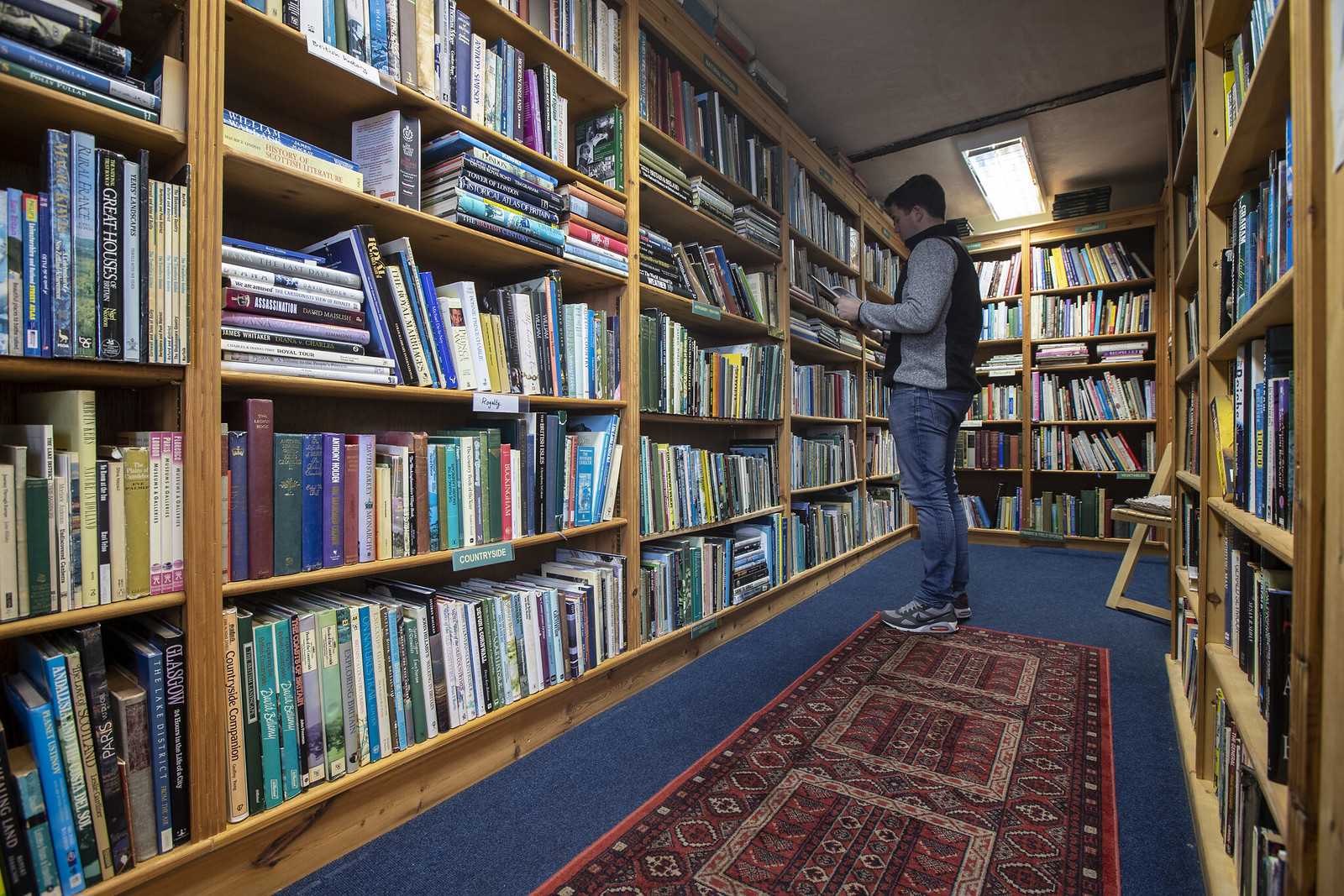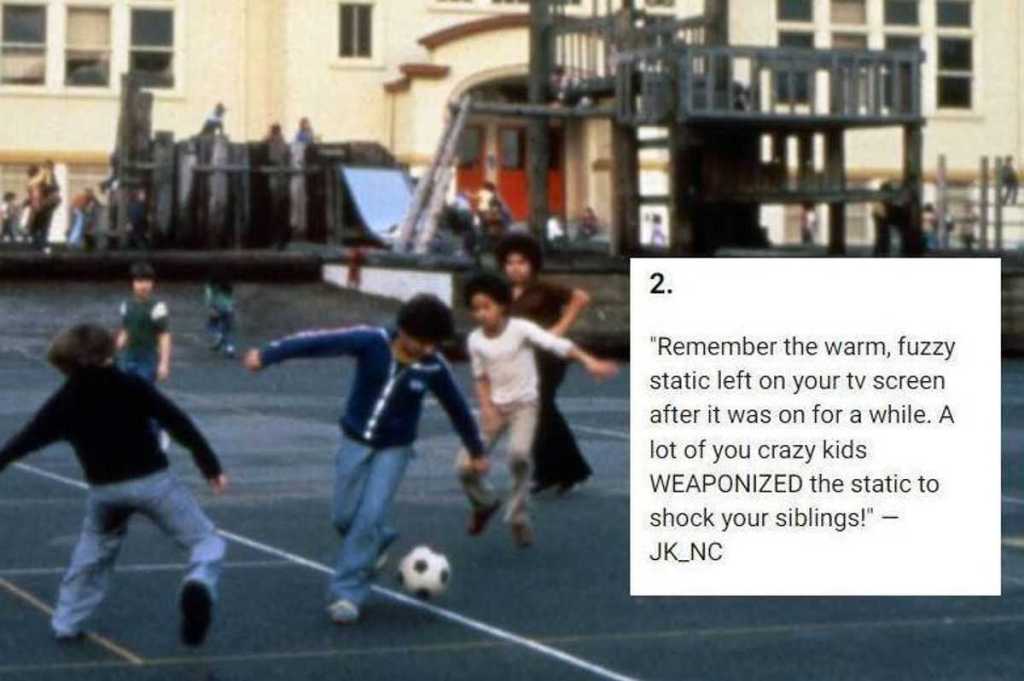There is no greater teacher than experience. But wouldn’t life be a lot easier if we actually listened to those of us who are older and wiser so we didn’t have to learn the big lessons in life the hard way?
If only life were that easy.
A funny thing happens to many people: you think you know everything in your early 20s, but once you hit your 30s, you realize you didn’t know much at all. But by the time your 40s set in, the hard-earned life lessons begin to take hold, and if obeyed, can lead to a more satisfying life.
A Reddit user named ZombiePunkRocker asked people 40 years old and up to share some advice for younger people. If taken seriously, the advice could really help them avoid the pitfalls in life and be more carefree and happy.
One thing that many of the ideas have in common is to avoid caring about how others judge us and, instead, follow our hearts and create our own goals. The list is also a great reminder to take care of your body while you still can and to save a few bucks while you’re at it.
Here are 15 of the most popular responses to the question: “People 40 years old or more. What is some advice for the younger people?”
1. You’re not special
“You’re not special, no one cares what you do and the sooner you can accept it, the sooner you can be at peace with yourself.” — Anom8675309
“This can be used a comfort to those who have anxiety about what others think of them: How often do you think about every little thing that other people do? You don’t. Right. In the same way, nobody thinks about you either, so get out of your head and live your life, because people are too busy with their own lives to care about yours.” — StaffordMagnus
2. Take care of your body
“Take care of your knees and back.” — TrailerParkPrepper
“And your teeth. My God, teeth can be such a financial drain.” — BethLP11
3. This
“Love life it is short. Be grateful for everything. The biggest burden you’ll carry are your own thoughts. Learn to live in the present, the past is just a memory and the future is just your imagination. You don’t have to accept the negative self dialogue, be the watcher of those thoughts and learn to let them go. You are braver than you believe, smarter than you think, stronger than you seem and loved more than you know.” — Unabtanium
4. Stretch
“Stretch every day or at least more than never. Stay limber and flexible because once it is gone, it’s almost impossible to get it back.” — Jjoenr
“As somebody who’s on middle age’s doorstep, I stretch 10-15 minutes daily, and lift weights several times a week. It makes a huge difference as everything gets tighter when you get older. I feel a difference if I go a day or more without stretching.” — HerbieDerrb
5. Deprogram yourself
“You have been exposed to an unbelievable amount of absolute lies in your life that colour your beliefs and your expectations about how life will go. Find ways to deprogram yourself. You know internally what values are core and humane. The rest need to be thoroughly examined. What do you really think about the way people present themselves? Do you get impressed by people wearing brand advertising all over their clothes, or driving a certain car? Does that make sense or scream sucker, really? The things people fight about, what are the underlying reasons behind it? What kinds of manipulations have people been exposed to before they hold their views? Rise above it all, become aware of the dramas people live in.” — CellPublic
6. Save your money
“Investments (good real estate, stocks) roughly double every decade. So multiply the sum of your frivolous expenses per year by 8x or 10x and that’s what you’re foregoing for retirement.” — Unselesssatirist
7. Stop comparing
“Don’t fall into the trap of thinking everyone else your age has something that you don’t and you feel hopelessly behind and like a failure. Once you’re out of school, there are no timelines anymore. You are not supposed to do anything by any particular point in your life. Everyone is different. You are not supposed to have had X number of sexual partners, had X number of relationships, be married, have a kid, own a house, have a dream job, or figure out your calling in life at any particular point — if at all. Life is very long and you will have many chances to do things. Make your own path.” — Zazzlekdazzle
8. Exercise now
“Don’t wait to get in shape. Start working out, however, is enjoyable to you so you avoid health risks later. Don’t wait to have to lose 30 lbs.” — STARoSCREAM
“Yup. I turn 44 in 2 weeks and going to the gym 4 days a week has been a game changer. I’ve lost 15lbs in a year and feel better than I did when I was a young man.” — Floppity12
9. Fail
“Fail more. Fail all the time. Set yourself up for failure. Because what you will learn is that failure is not some horrible catastrophe, it’s actually a part of a process of getting better at something or getting what you want. And going ahead into failure is often how you find yourself unexpectedly succeeding faster than you expected. And the more you fail, the more you immunize yourself against the fear of it so you can get more of it. Failure is something you actually need in your life to really get the things you want.” — Zazzlekdazzle
“Adding “Fail fast” to this list. Dont postpone the inevitable longer than you should by hoping something might change or work out. The sooner you can pivot past a failure the better!” — Asmartassgirl
10. Don’t take yourself too seriously
“Whatever you do you’ll probably look back ten years later mildly mortified at how deep you thought you were. You’re just another confused human not destined for greatness and there’s no grand scheme in which you matter one bit, so just chill. If you have issues with your self-confidence and depend on the validation of others, address that shit by whatever means are available to you. Nobody is going to do it for you and being insecure gets old fast.” — Strange Articles
11. Enjoy your young body
“Enjoy your hairline/boobs, they aren’t going to get better and you will fondly look back on where they were situated when you were younger and hotter.” — Smyley12345
12. Enjoy silence
“It’s okay and healthy to sit in silence. Put down your phone, leave your earphones in your pocket, and just be. It’s important to not constantly be stimulated.” — Yourpaljax
13. Don’t waste a day
“I’m 56. You don’t have as much time as you think you do. Don’t waste it, don’t waste a single f****** day. Do something every day even if it’s just something for yourself. Drink plenty of water and use sunscreen. Donating blood doesn’t hurt that bad. Doing something you like for a living is more rewarding than doing something that pays even exceptionally well. I’ve done both and the former is preferable in my opinion.” — Tim Renick
14. Choose friends wisely
“Once you’re out of school, don’t keep the friends who bring you down. You really don’t need that and the benefits no longer outweigh the drawbacks. You know what I mean, the friends who only call when they need something, the ones who make you feel bad when you fail and worse when you succeed. The friends who encourage you to do things you actually don’t want to do and discourage you from growing as a person. Focus your time and effort on your high-quality friends. It’s not about quantity anymore.” — Zazzlekdazzle
15. High school isn’t life
“Don’t worry about high school. Once you are done no gives a shit other than you getting a diploma. The drama the ‘permanent record’. Anything you did or didn’t accomplish mean nothing after you leave. If you hit 40 and still talk about high school like it was the best part of your life then you peaked early. Your greatest achievements and victories should be later in life when it matters. As always, there are exceptions, but seriously if your best was as a teen, what are you doing with 60 or 70 years you still have to go?” — Hsensei

